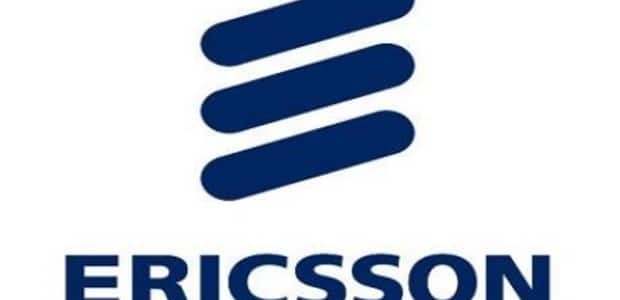Ericsson has published its 23rd annual Sustainability and Corporate Responsibility Report, which details the company’s performance in 2015 in three areas: responsible business; energy, environment and climate change; and communication for all.
The report also highlights how Information and Communications Technology (ICT) can enable all 17 of the United Nations Sustainable Development Goals (SDGs) and even has the potential to accelerate their achievement.
Hans Vestberg, President and CEO, Ericsson, says: “The SDGs lay out a clear path to a more sustainable world, and ICT is a powerful lever to make that happen. We intend to build on our momentum from 2015 so everyone can benefit from the opportunities afforded by the Networked Society.”
Responsible business highlights
Conducting business with integrity and transparency is at the heart of Ericsson’s commitment to sustainability and corporate responsibility.
The report shows that 99 percent of active Ericsson employees have acknowledged the company’s Code of Business Ethics. In 2015, the Ericsson Compliance Line – which enables secure reporting of suspected violations – was reinforced to support industry anti-corruption best practices.
Demonstrating its commitment to respecting human rights, Ericsson reported according to the UN Guiding Principles for Business and Human Rights framework for the second year in a row, and continues to be the only ICT company to do so.
Energy, environment and climate change highlights
According to Ericsson research, ICT solutions can help reduce greenhouse gas (GHG) emissions by up to 15 percent by 2030, more than the current carbon footprint of the EU and US combined.
In 2015, Ericsson met the target to offset twice the amount of CO2 from its own carbon footprint with solutions such as smart grids and intelligent transport.
For customers, hardware platforms like the Ericsson Radio System, new software and rural coverage solutions are all designed to help customers optimize energy performance.
In 2015, Ericsson exceeded its goal to reduce CO2e emissions per employee by 30 percent – two years ahead of schedule. This amounted to a 42 percent reduction compared with the 2011 baseline.
Communication for all
By the end of 2015, an estimated 20 million people had been directly impacted by Ericsson’s Technology for Good™ initiatives.
Connect To Learn, a global education initiative by the Earth Institute of Columbia University, Millennium Promise and Ericsson, has now been launched in 22 countries, where it is benefiting over 76,000 students. Nine of these countries are in sub-Saharan Africa – Senegal, Burkina Faso, Ghana, Uganda, Kenya, Rwanda, Tanzania, Malawi, Cape Verde.
Mobile financial services can be a game changer for advancing financial and social inclusion. In 2015, Ericsson supported ASBANC, Peru’s National Bank Association, in an initiative to provide next-generation mobile financial services to 2.1 million Peruvians – about 7 percent of the total population – within five years. Ericsson is doing a pan-African rollout in several countries with operator MTN, including Uganda, Rwanda, Nigeria, and Swaziland. Work is ongoing with operator Millicom’s Tigo platform in Senegal. In 2015, Ericsson Mobile Financial Services was also launched in Ghana, Cameroon, Benin and the Ivory Coast.
Managed Rural Coverage is a new commercially viable business model that makes it possible to provide mobile coverage to areas most in need of it, where people have to survive on less than two dollars a day. Through this solution, Ericsson enables operators provide mobile coverage for a set period according to service level agreements and defined key performance indicators. In 2015, we joined mobile operator MTN to deploy Managed Rural Coverage to parts of central and northern Benin where there was none previously.
The employee volunteer program Ericsson Response marked its 15thanniversary during the year. Ericsson Response has so far supported 40 relief efforts in 30 countries, and was deployed in locations including Iraq, Nepal, Sierra Leone, South Sudan and Vanuatu in 2015.
Fredrik Jejdling, Head of Region, Ericsson Sub-Saharan Africa, says: The impact of our sustainable business practices and corporate responsibility initiatives in this region is bearing fruit and we remain inspired to work with our stakeholders to create a positive impact in society. With fully leveraged connectivity, we connect the unconnected, improve livelihood, and help cities become more sustainable, creating value for the continent as a whole.
Elaine Weidman-Grunewald, Vice President, Sustainability and Corporate Responsibility, Ericsson, says: “By embedding sustainability and corporate responsibility into our business, we have a strong platform for progress and positive impacts. We will continue to work in public-private partnership and advocate Technology for Good to drive change for the better.”
